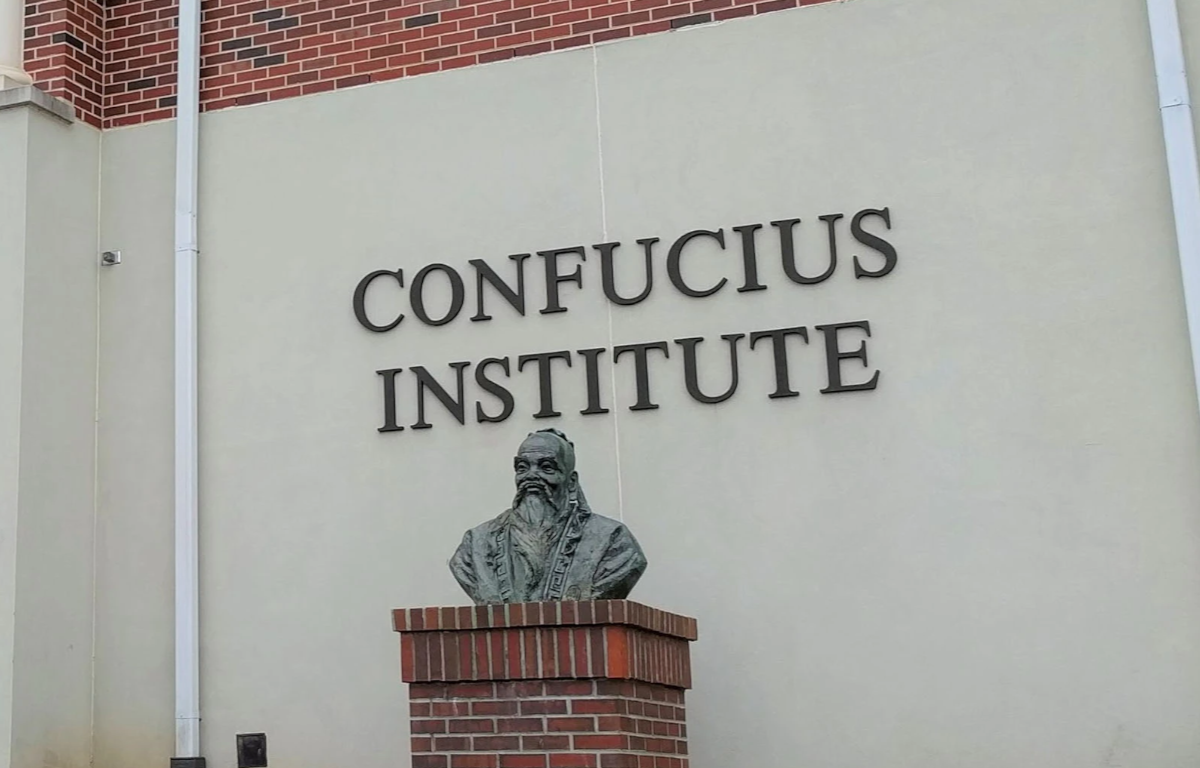
At the heart of the issue lies a complex interplay between technological advancement, national security, and economic interests. Lawmakers argue that certain Chinese technology companies may have ties to their government, raising fears of data breaches, espionage, and potential cyberattacks. These concerns have led to initiatives to limit or outright ban the use of Chinese-made technologies, particularly in critical infrastructure and government systems.
One prominent example is the controversy surrounding Huawei, a global leader in 5G technology. US lawmakers have expressed concerns that Huawei’s equipment could potentially be used for espionage, given the company’s alleged close ties to the Chinese government. Several US states have taken steps to restrict the use of Huawei’s equipment in their 5G networks, citing national security as the primary reason.
The popular social media platform TikTok has also faced scrutiny over data privacy concerns. Lawmakers have raised alarms about the app’s data collection practices and its potential to share user data with the Chinese government. Several US states have considered or enacted measures to ban the use of TikTok on government devices, citing fears that sensitive information could be compromised.
While the concerns are legitimate, critics of these bans and restrictions highlight the potential downsides. Chinese technology companies have played a significant role in driving innovation and competition in the tech sector. Banning their products entirely could stifle innovation and limit the choices available to consumers. Moreover, such bans could hinder collaboration between researchers, developers, and entrepreneurs from different parts of the world.
The movement to ban Chinese technology at the state level has broader geopolitical implications. It reflects the escalating tensions between the US and China, as both nations vie for technological dominance. The ban not only affects trade relationships but also contributes to a divided global tech ecosystem. It raises questions about whether a balance can be struck between protecting national security and maintaining an open and collaborative international technology landscape.
The challenge lies in finding a middle ground that addresses national security concerns without undermining innovation and international collaboration. This could involve stringent security assessments, transparency requirements, and international standards for technology development and deployment. Collaboration between governments, the private sector, and international organizations could lead to more effective strategies for managing security risks associated with technology use.










Share this: